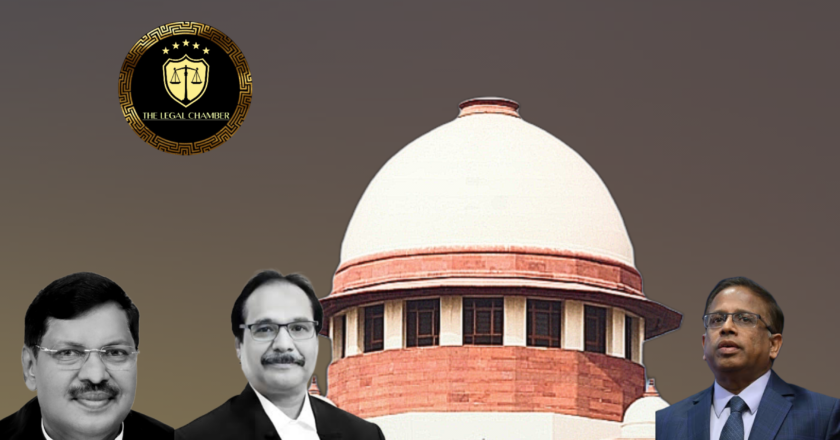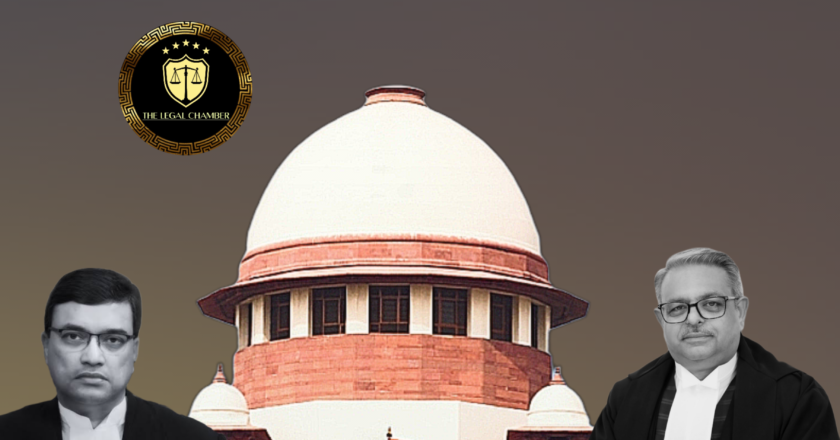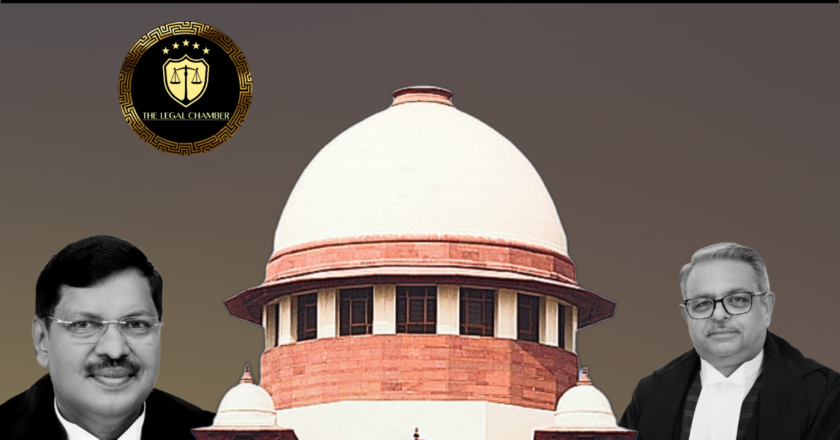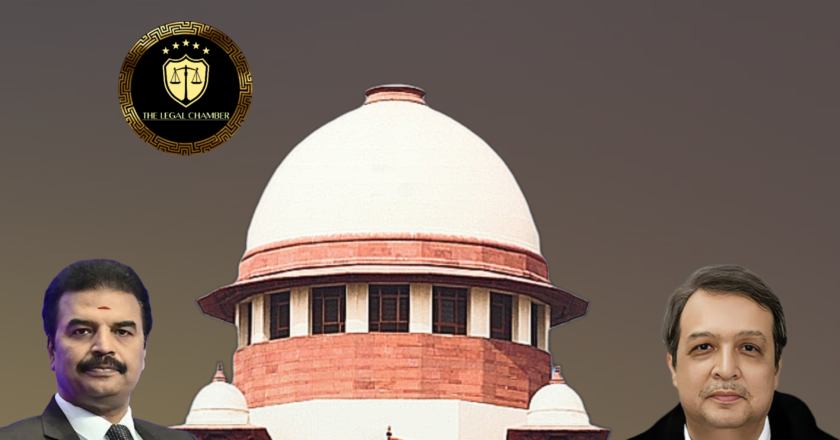Supreme Court Rules: How a Tax Exemption for Local Manufacturers Failed the Constitutional Test
This Supreme Court judgment struck down a Rajasthan VAT exemption notification for violating Article 304(a) of the Constitution. The Court held that granting a tax exemption exclusively to locally manufactured asbestos goods, without a valid justification discernible from the notification itself, constituted discriminatory protectionism against imported goods and was not a permissible differentiation.
Facts Of The Case:
The appellants, manufacturers of asbestos cement products with manufacturing units outside Rajasthan but sales depots within the state, challenged a Rajasthan Government notification dated 09.03.2007. This notification granted an exemption from Value Added Tax on the sale of asbestos cement sheets and bricks manufactured within Rajasthan, provided they contained 25% or mo...









